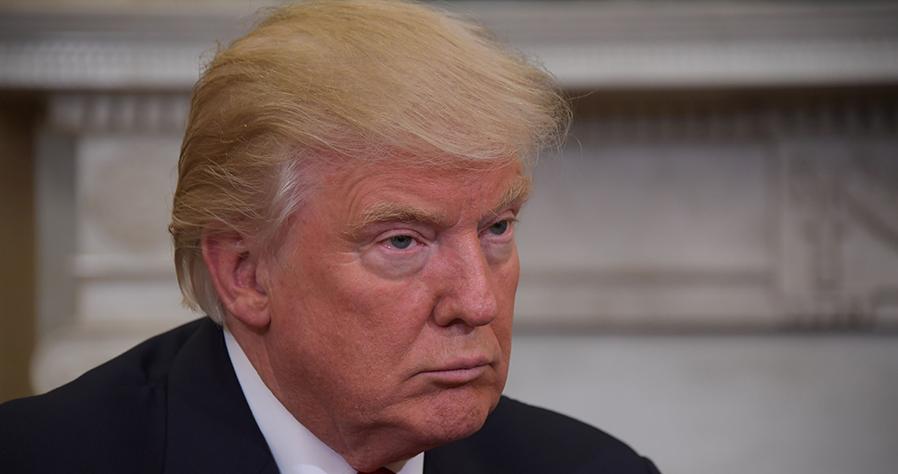Andrew Sheng, Distinguished Fellow at the Asia Global Institute at the University of Hong Kong
Xiao Geng, Director of Institute of Policy and Practice at Shenzhen Finance Institute, Chinese University of Hong Kong
Apr 03, 2019
In Washington, DC, a bipartisan consensus about China has emerged: the United States is facing a trade-manipulating, authoritarian intellectual-property thief that represents a strategic threat to the US and its allies and deserves to be punished. But the consensus is wrong. In fact, China deserves recognition, if not appreciation, for its achievements.

James Chau, Host, China-US Focus
Jan 28, 2019
Bob Holden talks about finding common ground with the Chinese.

Minxin Pei, Tom and Margot Pritzker ’72 Professor of Government , Claremont McKenna College
Aug 03, 2018
Beginning the year with a drastic restructuring of the Constitution, the Chinese Communist Party under President Xi appeared increasingly formidable. But in the face of domestic scandals, currency concerns, and a trade war with the U.S., Minxin Pei argues that President Xi may need a new strategy to satisfy the Chinese people.

Christopher H. Lim, Senior Fellow in the S. Rajaratnam School of International Studies
Vincent Mack, Associate Research Fellow at the S. Rajaratnam School of International Studies
Jun 25, 2018
Four obstacles may yet derail China’s Belt and Road.

Fu Ying, Founding Chair of Center for International Security and Strategy, Tsinghua University; China's former Vice Minister of Foreign Affairs
Apr 19, 2018
The world has seen enough great power conflict.

Tao Wenzhao, Honorary Member of the Chinese Academy of Social Sciences; Fellow, CASS Institute of American Studies
Jan 25, 2018
American paranoia at China’s so-called “sharp power” is at odds with China’s far more limited cultural influence globally compared to the US’.

Sun Chenghao, Fellow, Center for International Security and Strategy of Tsinghua University; Munich Young Leader 2025
Nov 10, 2017
The U.S. and China can hitch their dreams together and build a higher level of confidence with each other.

Patrick Mendis, Visiting Professor of Global Affairs, National Chengchi University
Apr 11, 2017
Observing the changing dynamics in the United States and elsewhere in the world, the unsettling question is: Will the United States follow the experience of centralized Confucian power—and by default the Communist Party of China (CPC)—to create a Hamiltonian world for Hamiltonians?

Patrick Mendis, Visiting Professor of Global Affairs, National Chengchi University
Jan 16, 2017
As the TPP trade pact fizzles away, China would happily expand its domain of influence in the Pacific Rim region while U.S. allies and friends inevitably look for a more reliable partner in the neighborhood. As these geopolitical realities set in, will Trump’s campaign promises to “Make America Great Again” eventually result in “Making China Great Again” and leave the U.S. much less relevant?
Back to Top

- China-US Focus builds trust and understanding between the U.S. and China through open dialogue among thought leaders.
- Our Offerings
- Topics
- Videos
- Podcasts
- Columnists
- Research Reports
- Focus Digest
- Stay Connected
-
Thanks for signing up!
- Get the latest stories from China-US Focus weekly.